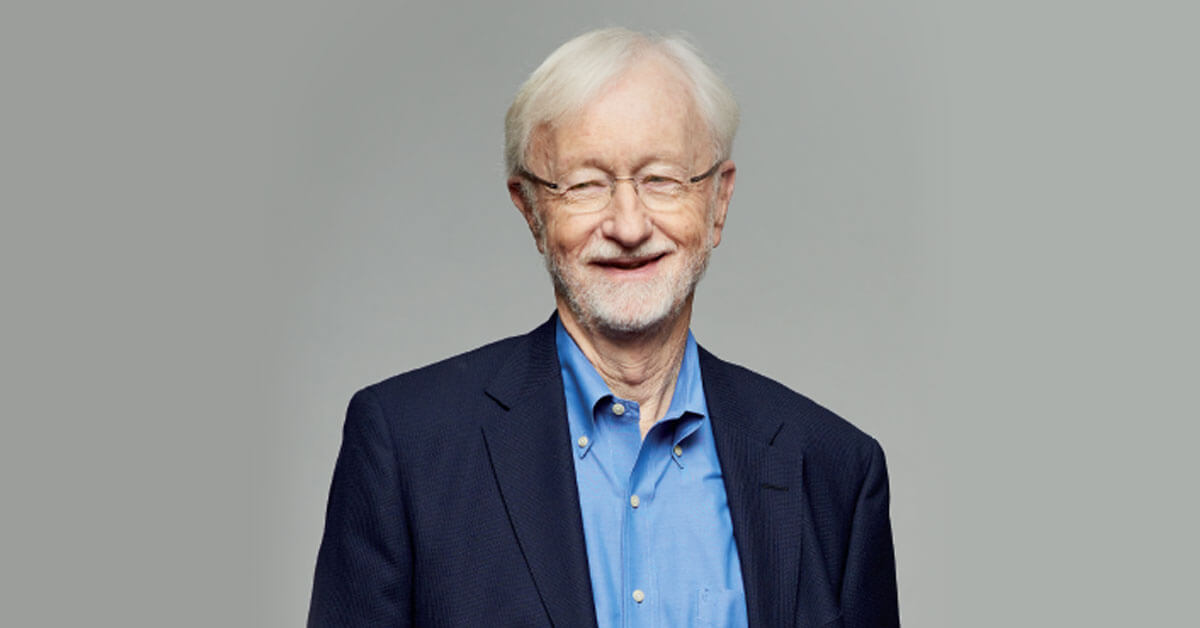2020 has shown us businesses need to be adaptable if they want to thrive in an uncertain world. Conventional wisdom is that startups are the virtuosos of new business creation and that large corporations struggle to act with speed.
Corporate incubators are an effort to alter the equation, enabling large firms to innovate at speed. These incubators seek to replicate the startup’s approach to low-cost customer experimentation: spend little, learn lots, and create an environment that embraces risk and creativity.
Corporations certainly have a lot to learn. Many corporations commit to an innovation without sufficiently validating it. They fall into an innovation pathology we call investing ahead of learning. There are countless case studies of this happening. For example, Firefox lost hundreds of millions on its Firefox OS phone project because it failed to test whether users preferred an open operating system phone over the standard app-based platforms from Google or Apple. GE lost billions, and two CEOs lost their jobs, because the company invested in GE Digital before validating whether customers were ready to use its digital solutions.
How can corporations get incubation right?
Over the past decade, many corporations have looked to startups to learn lean and agile approaches to innovation. Corporate incubators and corporate accelerators have proliferated, especially ones that focus on creating a bridge to corporate venture capital portfolios.
However, many corporate accelerators and incubators underemphasize a key opportunity to create value: teaching innovators within the corporation how to effectively validate new business concepts.
Bosch is one of the shining examples of success in building a robust yet lean corporate incubation engine. Bosch’s Corporate Accelerator Program (AccP) has helped more than 200 Bosch teams around their world to test and validate business concepts before committing significant investment. The AccP process has cut development costs by 5-10x, dramatically reduced time-to-revenue, and created some unexpected cultural benefits for Bosch.
Want to learn from Bosch and other experts in Corporate Incubation?
Change Logic is hosting a webinar with a panel of experts to discuss how corporations can build effective incubation engines, and to answer your questions on how to get started.
The webinar will take place at 11am EST on November 10th and will feature the following:
-
Professor Charles O’Reilly, Stanford Graduate School of Business
-
Uwe Kirschner, Vice-President, Business Model Innovation @ Bosch
-
Michael Nichols, Global Lead, Bosch Accelerator Program
-
Yusuf Jamal, Senior Vice-President, Devices & Platforms @ Western Digital
-
Andy Binns, Managing Principal @ Change Logic
By Aaron Leopold
